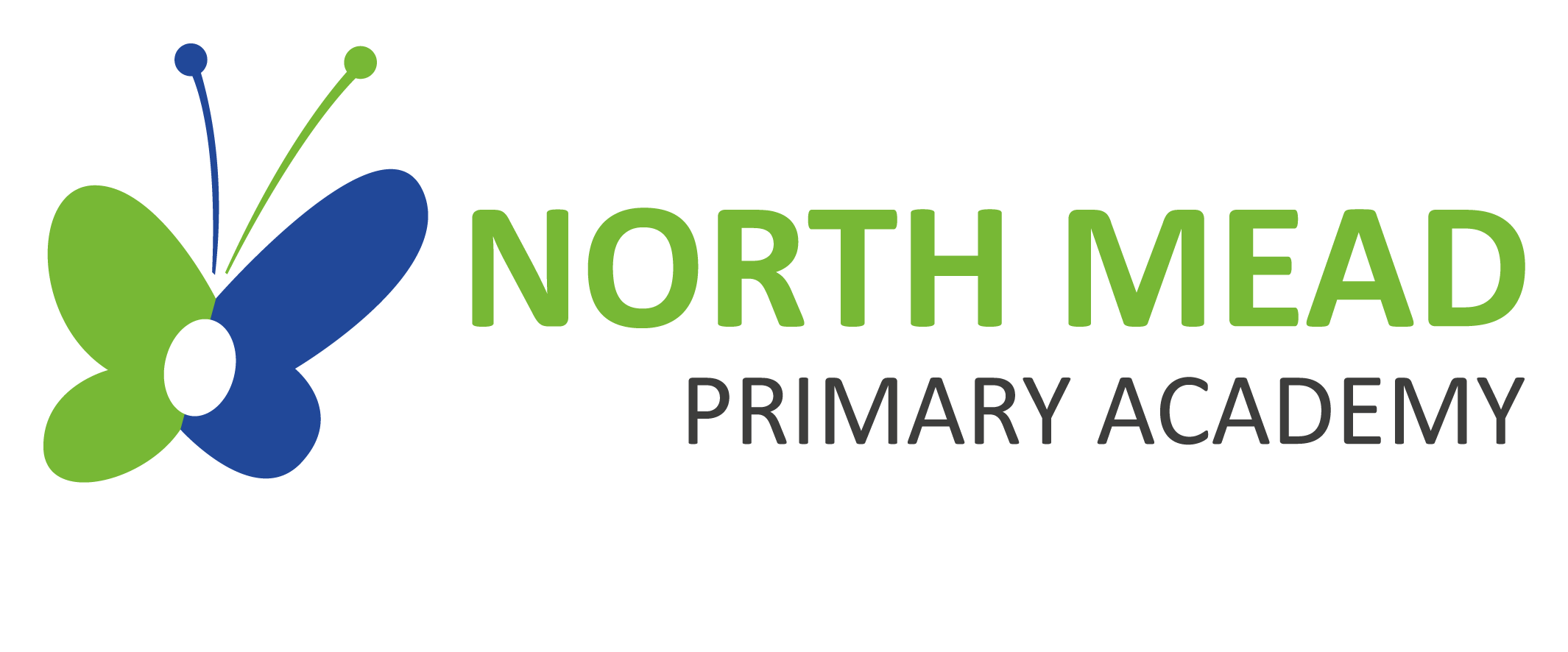Honour Based Abuse
Honour-based Abuse is a term that embraces a variety of crimes of violence (mainly but not exclusively against women) including domestic abuse, which is perpetrated in the name of so called ‘honour’. The honour code which it refers to is set at the discretion of male relatives and women who do not abide by the ‘rules’ are then punished for bringing shame on the family. Infringements may include a woman having a boyfriend; rejecting a forced marriage; pregnancy outside of marriage; interfaith relationships; seeking divorce, FGM, Forced marriage, abuse linked to faith and culture, breast ironing, inappropriate dress or make-up and even kissing in a public place.
Honour Based Abuse can exist in any culture or community where males are in a position to establish and enforce women’s conduct. However, males can also be victims, sometimes as a consequence of a relationship which is deemed to be inappropriate, if they are gay, have a disability or if they have assisted a victim.
Abuse Linked to Faith, Belief and Culture
Child abuse is never acceptable in any community, in any culture, in any religion, under any circumstances. However, some children are subject to certain kinds of child abuse linked to their faith, belief or culture and this includes abuse that might arise through a belief in spirit possession or other spiritual or religious beliefs.
This kind of abuse can also include:
- Belief in concept of witchcraft, magic or voodoo
- Demons or the devil acting through children or leading them astray
- The evil eye or djinns and dakini
- Ritual or muti murders
- Breast Ironing
- Female Genital Mutilation
- Honour based violence and Forced Marriage
- Chastisement of a child in a Place of Worship
Whilst this is not an exhaustive list, our school recognises that sadly, such cases are on the increase within the community and as a school, we take such incidents as seriously as any other kind of abuse perpetrated by an adult on a child.
If the school has been made aware of such a case, the school will follow LSCPB procedures and where appropriate, report the incident to Children’s Social Care and/or the Police.
Our staff are aware of some of the signs of this kind of abuse and have attended training to support them further. We also work closely with all our children to promote healthy relationships and British Values. We teach our children mutual respect of other faiths, beliefs and cultures in a positive manner rather than negative. We believe and respect each other in our school and maintain this ethos throughout the teaching and learning environment.
Breast Ironing
Breast Ironing
reast ironing (also called breast flattening) is when young girls’ breasts are damaged over time to flatten them and delay their development. Sometimes, an elastic belt, or binder, is used to stop them from growing.
Breast ironing usually starts with the first signs of puberty and is most often done by female relatives. In most cases, the abuser incorrectly thinks they’re behaving in the best interests of the child. They believe flattening the breasts will make the child less ‘womanly’. They hope this will protect the girl from harassment, rape, abduction and early forced marriage, and help them stay in education.
Breast ironing can cause serious physical issues such as:
- abscesses (a painful collection of pus that develops under the skin)
- cysts (fluid-filled lumps under the skin that can develop into abscesses)
- itching
- tissue damage
- infection
- discharge of milk
- breasts becoming significantly different shapes or sizes
- severe fever
- the complete disappearance of one or both breasts
Although there’s no specific law within the UK around breast ironing, it’s a form of child abuse.
Find out what the signs of this abuse are, what you can do if you’re concerned about someone and how to get help if you’ve been affected.
If an individual case regarding the practice of breast ironing, or concern regarding the use of a breast binder, is reported to police, it will be assessed on a case-by-case basis.
Signs and symptoms of breast ironing
There are many signs that breast ironing could be happening to a girl. These include:
- avoiding medical examinations
- not wanting to get undressed in front of anyone
- difficulty lifting their arms as the breast area will be tender to move and touch
- walking or sitting hunched over
- some girls may ask for help, but may not say exactly what the problem is because they’re embarrassed or scared
- unusual behaviour after time away from school or college including depression, anxiety, aggression and withdrawal
- a girl is withdrawn from PE and/or sex and relationship education classes
What to do if you’re concerned about someone
If you suspect someone is in immediate danger, call 999 now. If you have a hearing or speech impairment, use our textphone service 18000 or text us on 999 if you’ve pre-registered with the emergencySMS service.
If it isn’t an emergency, please get in touch in any of these other ways:
- call our non-emergency, 24/7 number: 101. If you have a hearing or speech impairment, use our textphone service on 18001 101
- visit a police station to speak to an officer in person
- contact the NSPCC to speak to a professional practitioner
- contact the children’s social care team at your local council
- contact Crimestoppers confidentially and anonymously
If you’re a child, you could also speak to someone you trust, like a friend, a teacher or another adult.
If you’re a professional working with children, remember you have a responsibility to refer your concerns to Children’s Social Care through your local council.
Support organisations The National FGM Centre
A partnership between Barnardo’s and the Local Government Association (LGA) to improve FGM services.
Safeguarding children from sexual violence, CSE and harmful practices.
Came Women and Girls Development Organisation (CAWOGIDO)
A charity raising awareness and information on breast ironing.
An international charity working to end FGM through research and local initiatives.
FGM
Female Genital Mutilation
Female Genital Mutilation is an illegal operation under the Female Mutilation Act 2003, it is a form of child abuse and as such, is dealt with under the school’s Child Protection & Safeguarding Policy.
Definition of Female Genital Mutilation (FGM): Female Genital Mutilation comprises of all procedures involving partial or total removal of the external female genitalia or other injury to the female genital organs whether for cultural or non-therapeutic reasons. https://www.gov.uk/government/publications/multi–agency–statutory–guidance–on–female–genital–mutilation (July 2020 update)
Professionals in all agencies, and individuals and groups in relevant communities, need to be alert to the possibility of a girl being at risk of Female Genital Mutilation, or already having suffered Female Genital Mutilation. Therefore, our staff have been briefed on the importance of Female Genital Mutilation through our annual Whole School Safeguarding and are aware of some of the signs and symptoms.
Responding to Female Genital Mutilation – the school will ensure that:
- we raise awareness of staff regarding the issues of Female Genital Mutilation through Whole School Training
- staff have a clear understanding of what Female Genital Mutilation is
- Our PSHCE curriculum supports pupils’ understanding of their bodies and keeping themselves safe
- absences are monitored and followed up where concerns are noted
As of October 2015, it became a mandatory responsibility of all staff members to report any suspicion of Female Genital Mutilation to the police if the child is under 18 years of age. If any of our staff are aware of such concerns, staff will, in the first instance, report their concerns to the Principal and then take appropriate steps to either directly contact the Police or seek advice from Duty & Advice, Children’s Social Care.
Any concerns raised (including any referrals made) will be monitored closely and recorded following our school’s procedures by the staff members raising the concern, the Principal or both.
Forced Marriage
Forced Marriage
A forced marriage is a marriage that is performed under duress and without the full and informed consent or free will of both parties. Duress cannot be justified on religious or cultural grounds. Victims of forced marriage may be the subject of physical violence, rape, abduction, false imprisonment, enslavement, emotional abuse, and murder. It is important not to confuse ‘forced’ marriage with ‘arranged’ marriage. In the instance of an ‘arranged’ marriage both parties freely consent.
The Governments definition of a Forced Marriage is: A forced marriage is where one or both people do not (or in cases of people with learning disabilities, cannot) consent to the marriage and pressure or abuse is used. It is an appalling and indefensible practice and is recognised in the UK as a form of violence against women and men, domestic/child abuse and a serious abuse of human rights. https://www.gov.uk/guidance/forced–marriagehttps://www.gov.uk/guidance/forced–marriage
Our staff, through induction and Whole School Training are aware of the importance and impact on a child who is involved in such situations.
In addition, the Forced Marriage Unit have issued guidance on Forced Marriage and vulnerable adults due to an emerging trend of cases where such marriages involving people with learning difficulties. This is not a crime which is perpetrated by men only, sometimes female relatives will support, incite or assist. It is also not unusual for younger relatives to be selected to undertake the abuse to protect senior members of the family. Sometimes contract killers and bounty hunters will also be employed.
In such cases, disclosures and concerns relating to Forced Marriage/Honour Based Abuse will be reported directly to the Principal and the Police due to the impact it could have on the child in the wider community. Information will be sought from Children’s Social Care Duty & Advice and where appropriate the Police and the Forced Marriage Unit.

 Together We Make A Positive Difference
Together We Make A Positive Difference